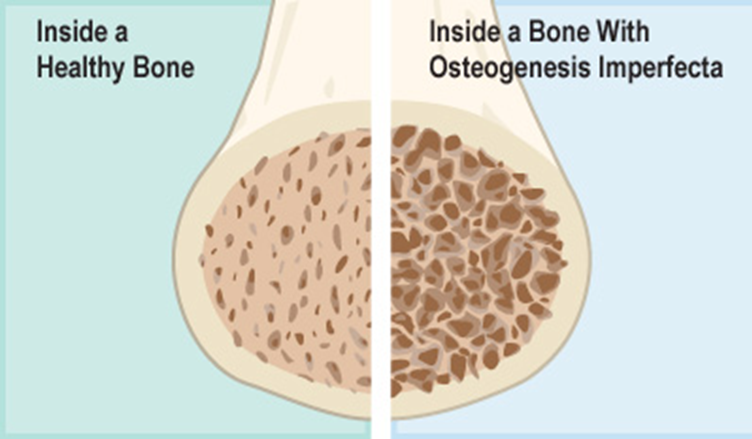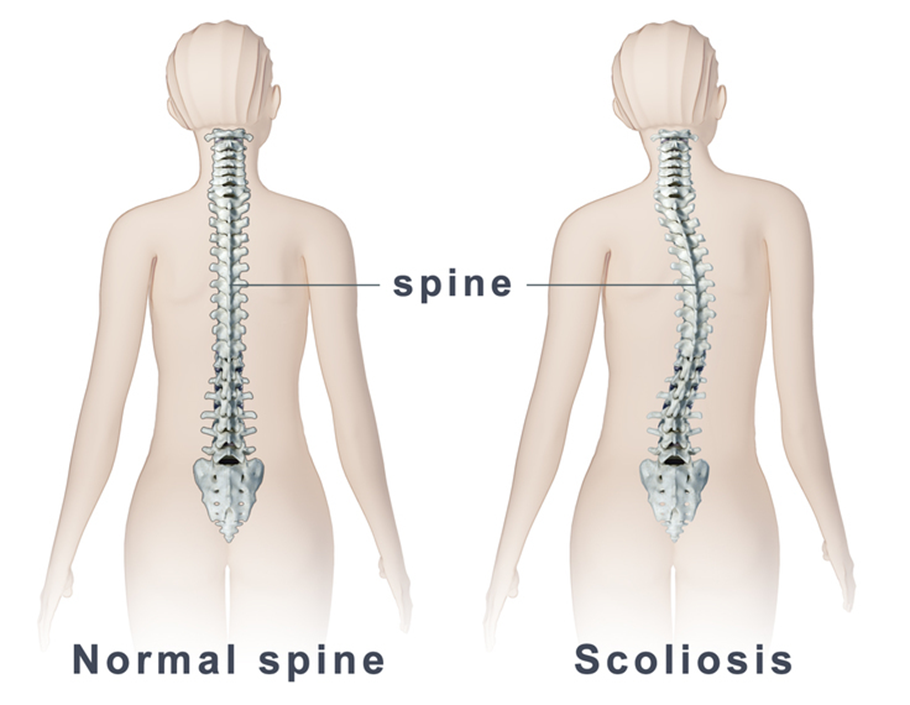The parents of a child who has just been diagnosed with type 1 diabetes ask about exercise. Which would the nurse explain about exercise in type 1 diabetes?
Extra insulin is required during exercise.
Exercise will increase blood glucose.
Extra snacks are needed before exercise.
Exercise should be restricted.
The Correct Answer is C
Choice A reason:
Extra insulin is not typically required during exercise for children with type 1 diabetes. In fact, exercise can lower blood glucose levels, and administering extra insulin could increase the risk of hypoglycemia. It is important to monitor blood glucose levels before, during, and after exercise to adjust insulin doses as needed, but extra insulin is generally not necessary.
Choice B reason:
Exercise usually lowers blood glucose levels rather than increasing them1. Physical activity helps the body use glucose more efficiently, which can lead to a decrease in blood glucose levels. However, it is important to monitor blood glucose levels closely, as some high-intensity exercises can cause temporary increases in blood glucose due to the release of stress hormones.
Choice C reason:
Extra snacks are needed before exercise to prevent hypoglycemia in children with type 1 diabetes. Consuming a carbohydrate snack before physical activity helps maintain stable blood glucose levels during exercise. The amount of carbohydrates needed can vary based on the intensity and duration of the exercise, so it is important to monitor blood glucose levels and adjust snack intake accordingly.
Choice D reason:
Exercise should not be restricted for children with type 1 diabetes. Regular physical activity is important for overall health and can help improve insulin sensitivity, cardiovascular health, and overall well-being. With proper planning and monitoring, children with type 1 diabetes can safely participate in a wide range of physical activities.
Nursing Test Bank
Naxlex Comprehensive Predictor Exams
Related Questions
Correct Answer is D
Explanation
Choice A: OI is Easily Treated
Osteogenesis imperfecta (OI) is not easily treated. It is a genetic disorder characterized by fragile bones that break easily. While there are treatments available to manage symptoms and improve quality of life, there is no cure for OI1. Treatments include medications to strengthen bones, physical therapy, and surgical procedures.
Choice B: With a Later Onset, the Disease Usually Runs a More Difficult Course
The severity of osteogenesis imperfecta can vary widely, but it is not necessarily true that a later onset leads to a more difficult course. The course of the disease depends on the type of OI and the specific genetic mutation involved. Some types of OI are more severe and present earlier in life, while others are milder and may not be diagnosed until later.
Choice C: Braces and PT Exercises are of No Therapeutic Value
This statement is incorrect. Braces and physical therapy (PT) exercises are valuable in managing osteogenesis imperfecta. Physical therapy helps in building muscle strength, improving joint movement, and preventing fractures. Braces can provide support for weak muscles, decrease pain, and keep joints properly aligned.
Choice D: OI is an Inherited Disorder
This statement is true. Osteogenesis imperfecta is a genetic disorder that is usually inherited in an autosomal dominant pattern. This means that a person only needs one copy of the defective gene from one parent to inherit the disorder. In some cases, OI can also occur due to a spontaneous mutation.

Correct Answer is B
Explanation
The correct answer is b. Preadolescent growth spurt
Choice A reason:
Idiopathic scoliosis is not typically noticeable when a toddler begins to walk. At this stage, the spine is still developing, and any curvature is usually not significant enough to be detected. Idiopathic scoliosis most commonly becomes noticeable during periods of rapid growth, which occur later in childhood.
Choice B Reason:
The preadolescent growth spurt is the period when idiopathic scoliosis becomes most noticeable. This is because the rapid growth during this time can exacerbate the curvature of the spine. Idiopathic scoliosis often becomes apparent between the ages of 10 and 18 years, when children experience significant growth spurts.

Choice C Reason:
Late adolescence is not the period when idiopathic scoliosis becomes most noticeable. By this time, most children have completed their major growth spurts, and any scoliosis would likely have been detected earlier. The condition is typically identified during the preadolescent growth spurt.
Choice D Reason:
The newborn period is not associated with the development of idiopathic scoliosis. While congenital scoliosis can be present at birth, idiopathic scoliosis develops later in childhood, particularly during periods of rapid growth.
Whether you are a student looking to ace your exams or a practicing nurse seeking to enhance your expertise , our nursing education contents will empower you with the confidence and competence to make a difference in the lives of patients and become a respected leader in the healthcare field.
Visit Naxlex, invest in your future and unlock endless possibilities with our unparalleled nursing education contents today
Report Wrong Answer on the Current Question
Do you disagree with the answer? If yes, what is your expected answer? Explain.
Kindly be descriptive with the issue you are facing.
